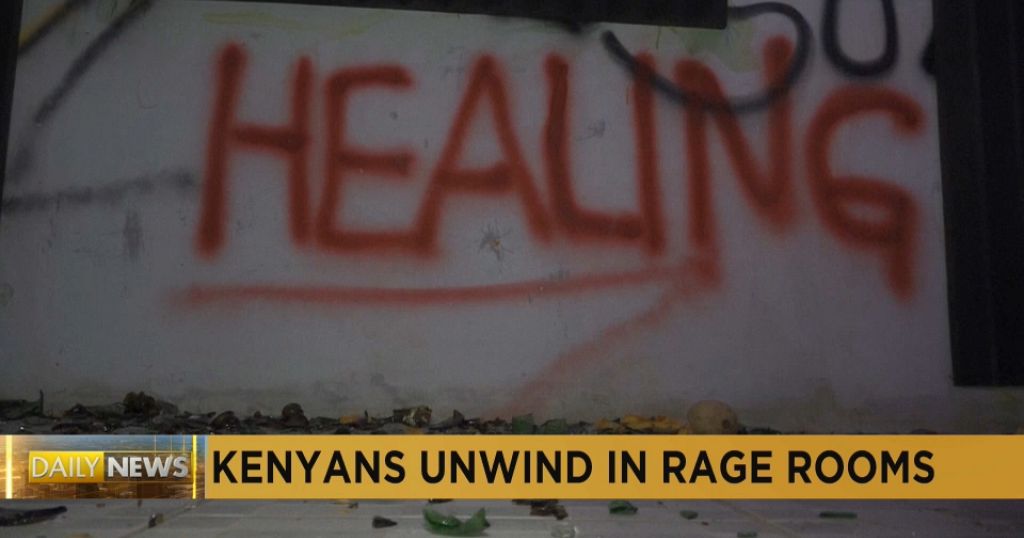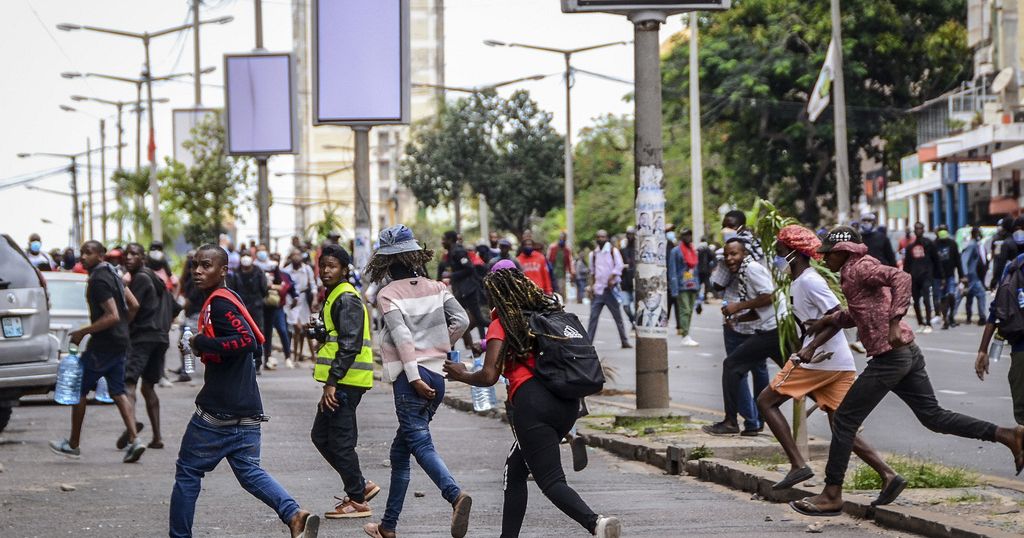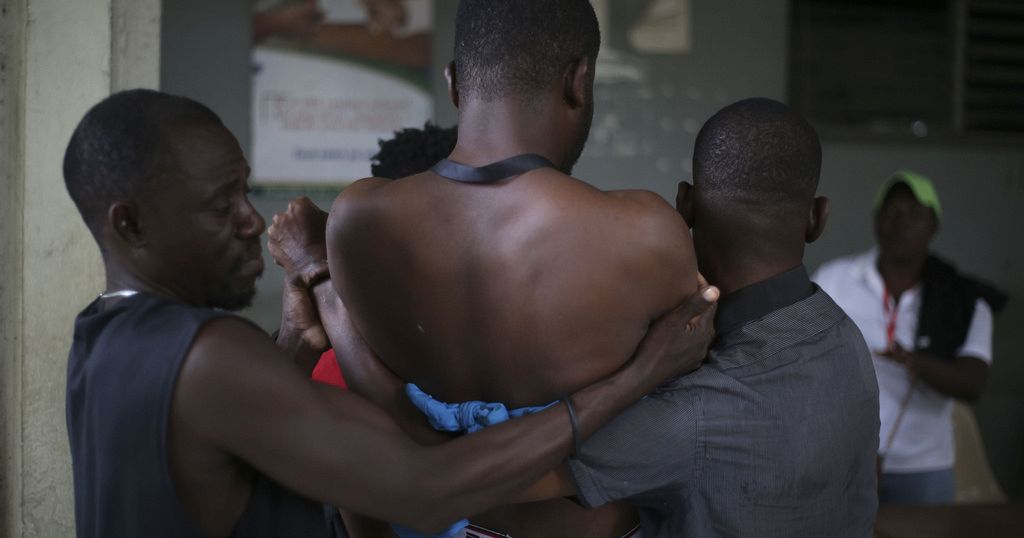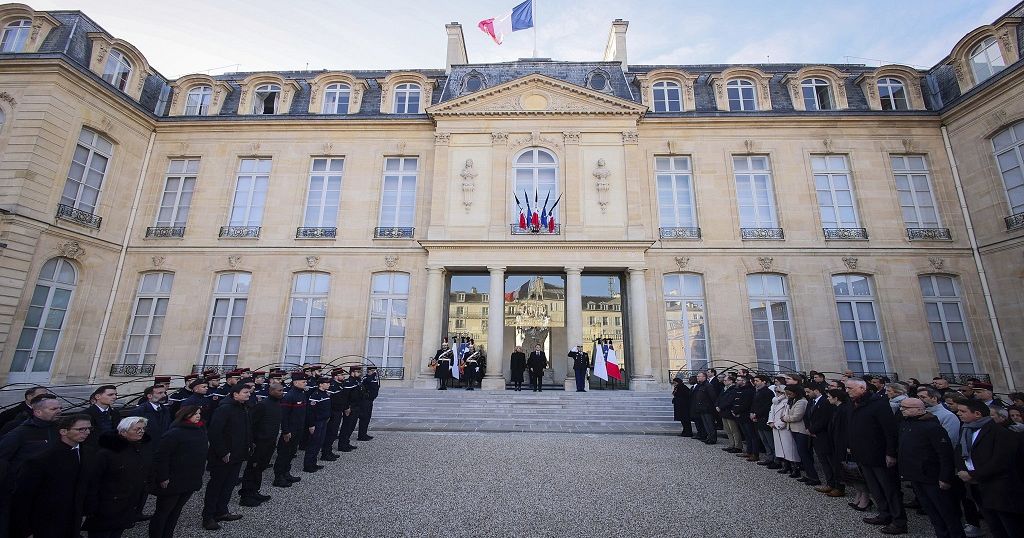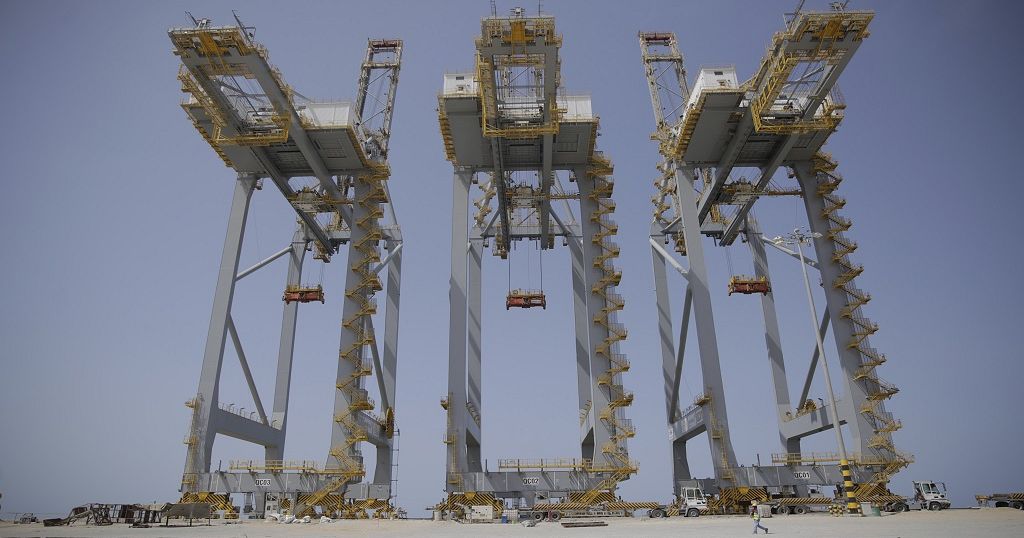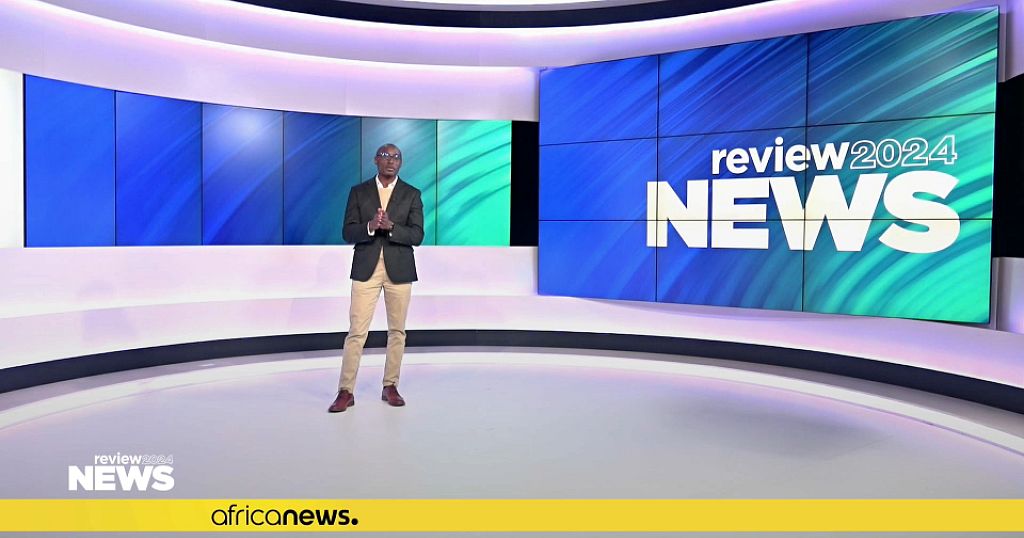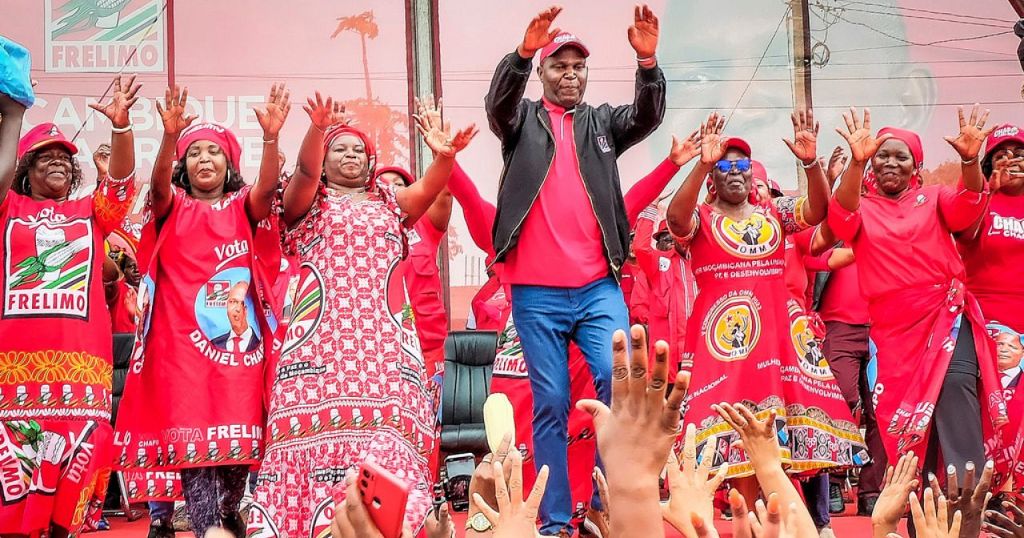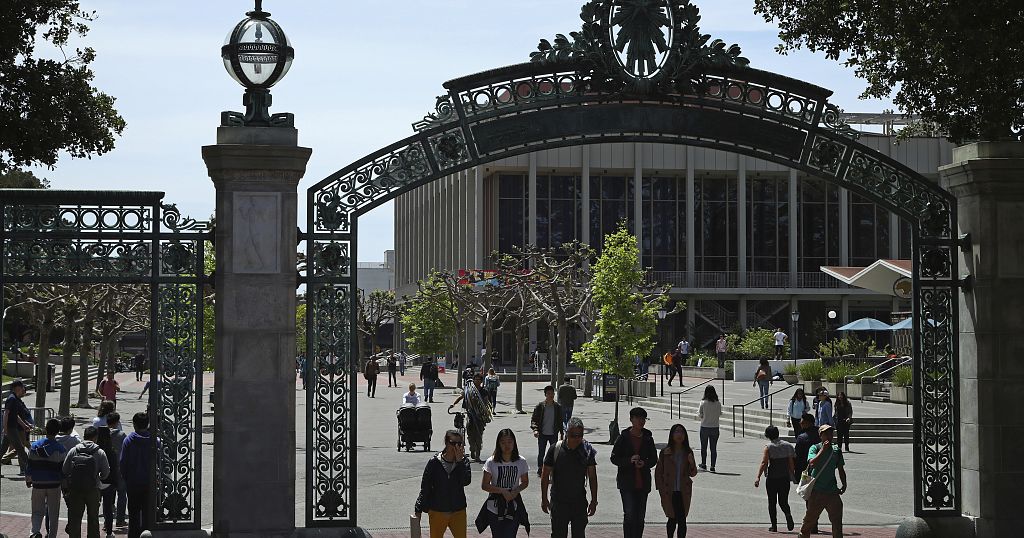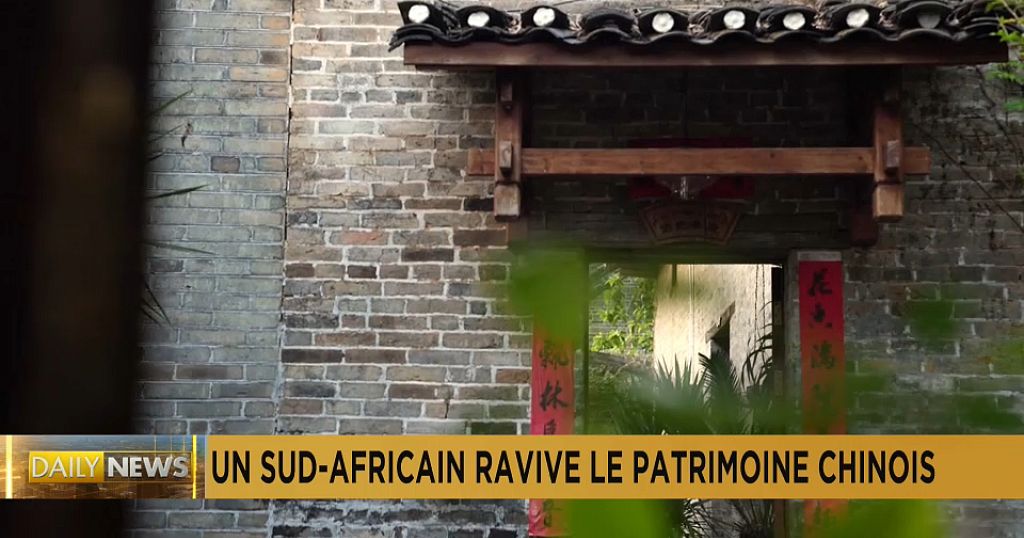Nigeria’s president inaugurates cabinet to tackle economic, security woes
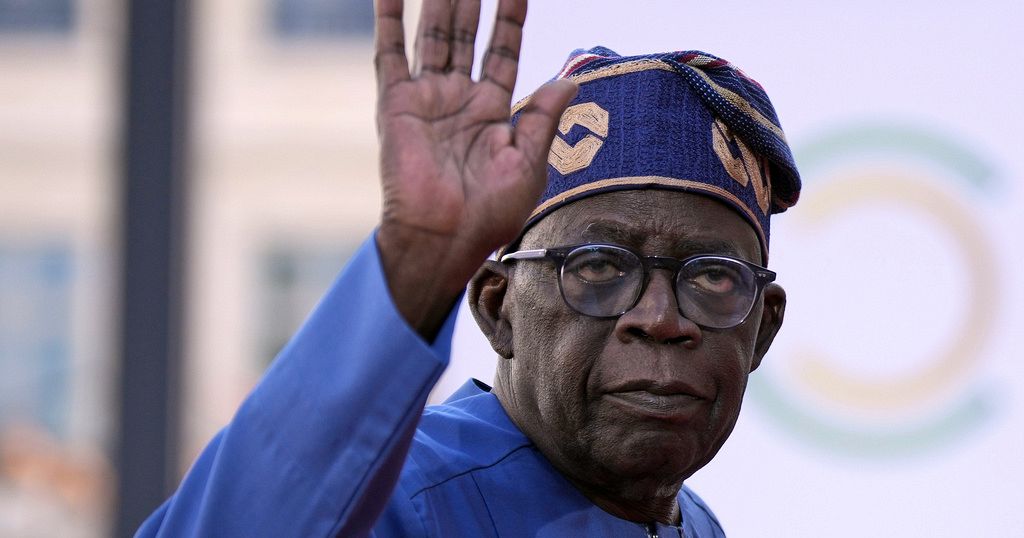
Nigeria’s new leader, Bola Tinubu, on Monday, presided over an inauguration ceremony for his government of 45 ministers, calling on them to boost people’s confidence as the country faces serious economic and security challenges.
“The challenges we face today are enormous, yes, but amidst all these challenges, we have the opportunity to implement long-awaited reforms,” said the president, elected in February during a poll still disputed in court and who took office at the end of May.
This government is larger than that of his predecessor, Muhammadu Buhari, which consisted of 36 ministers during his first term. Under the Nigerian Constitution, the president must include in his government a representative from each of the country’s 36 states.
Since taking office, Bola Tinubu has launched a wide range of reforms aimed at revitalizing the economy and investment, but these initiatives have led to a sudden rise in the cost of living, angering the population.
On May 29, at the time of his inauguration, the president thus eliminated fuel subsidies, which had the effect of quadrupling the price of gasoline and leading to a sharp increase in food prices.
Since 2016, Nigeria has been facing a severe economic crisis which worsened with the pandemic caused by the coronavirus , then the Russian offensive in Ukraine . The currency is weak, the foreign debt enormous, and unemployment is rampant.
The most populous country in Africa is also trying to fight against armed groups practicing kidnappings in particular in the north-west and the center, to put an end to an Islamist insurrection which has been raging for 14 years in the north-east, and to quell separatist unrest in the southeast.
Less than 20% of cabinet members are women, continuing a long tradition of low female representation in governance in Nigeria. Along with private sector technocrats, the ministers also include several party loyalists, including former governors who have helped rally support for Mr Tinubu.
Among the key positions, Finance has been entrusted to Wale Edun , who previously served under Bola Tinubu as Commissioner of Finance when the latter was Governor of Lagos State from 1999 to 2007. Wale Edun will also be the Minister responsible for the coordination of the Economy.
In Defense was appointed Mohammed Badaru Abubakar , a wealthy businessman and former governor, while the Interior portfolio fell to Olubunmi Ojo, a former parliamentarian. Yusuf Tuggar, who served as Nigeria’s ambassador to Germany, was appointed foreign minister.
Ali Pate, a former World Bank director who recently declined to be named head of the global vaccine alliance Gavi, has been named health and social care minister. The president will be in charge of the oil ministry, just like his predecessor, but he will be assisted by a secretary of state, Heineken Lokpobiri, who was minister of agriculture in the previous administration.
In Africa, Nigeria is one of the most important hydrocarbon-producing countries.
Source: Africanews


